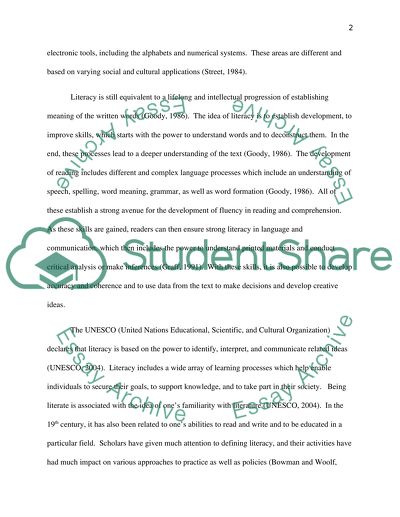Cite this document
(“Literacy Essay Example | Topics and Well Written Essays - 1750 words”, n.d.)
Retrieved from https://studentshare.org/education/1456025-you-are-required-to-write-a-critical-essay-based
Retrieved from https://studentshare.org/education/1456025-you-are-required-to-write-a-critical-essay-based
(Literacy Essay Example | Topics and Well Written Essays - 1750 Words)
https://studentshare.org/education/1456025-you-are-required-to-write-a-critical-essay-based.
https://studentshare.org/education/1456025-you-are-required-to-write-a-critical-essay-based.
“Literacy Essay Example | Topics and Well Written Essays - 1750 Words”, n.d. https://studentshare.org/education/1456025-you-are-required-to-write-a-critical-essay-based.


